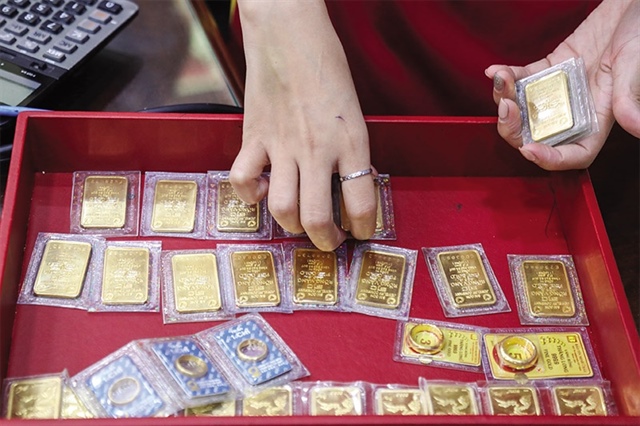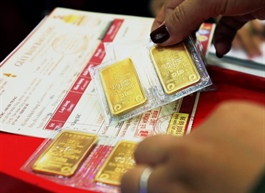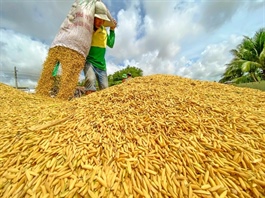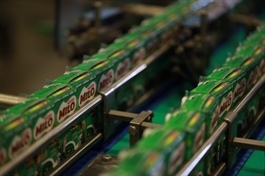Policy overhaul aims to modernise gold market framework
Policy overhaul aims to modernise gold market framework
Prime Minister Pham Minh Chinh has ordered the revision of Decree No.24/2012/ND-CP on gold trading to be completed by the end of June, a move that may allow businesses to resume gold imports.
According to Dinh Nho Bang, chairman of the Vietnam Gold Business Association, gold imports have been completely frozen for 13 years since Decree 24 came into effect. As a result, businesses have had to purchase raw gold from unofficial markets, exposing themselves to serious legal risks.
|
This is why gold trading firms have welcomed the recent directive from the government, which calls for the controlled removal of the state monopoly on gold bar branding, and for expanded, regulated rights to import gold to boost supply.
"We have repeatedly proposed that businesses be allowed to import gold to obtain legal raw materials for healthy trading operations, but these requests have yet to be accepted," Bang said. "We hope that with the revised Decree 24, companies will once again be able to import gold. I believe that, with current technology, monitoring gold imports is entirely within the capabilities of the State Bank of Vietnam (SBV)."
The supply shortage is a key reason domestic gold prices are significantly higher than global prices – at times by nearly $800 per tael – fostering smuggling, speculation, and market manipulation.
According to economist Le Xuan Nghia, Vietnam’s gold imports have been negligible for over a decade, leading to persistent supply shortages.
"The fluctuation in the domestic-to-global gold price gap largely stems from reliance on unofficial supply sources, making it difficult for the SBV to regulate price differences effectively," he said.
He added that the price gap must be resolved through market-based solutions.
To restore balance between supply and demand, experts argue, the only viable approach is to permit gold imports. While the price of gold is tied to national foreign exchange reserves, its importation should be tightly controlled and limited to businesses that meet strict capacity and compliance standards.
Nguyen Quang Huy, dean of the Faculty of Finance and Banking at Nguyen Trai University, believes that the SBV can fully regulate raw gold imports using a transparent quota system aligned with real market demand and macroeconomic stability.
"If this is achieved, it will help curb smuggling, reduce dollar outflows, and restore confidence in the market," Huy said. "A healthier gold market will return gold to its proper role as a store of value and a hedge against economic uncertainty."
According to Decree 24, the SBV holds a monopoly on the production of gold bars and on importing raw gold. However, many economists now see this regulation needs overhaul.
"The SBV should focus on regulating the market, whereas production and importation should be left to qualified, reputable businesses," said economist Nguyen Tri Hieu. "The SBV should still set quotas and conditions. Once the supply side improves, many current market instabilities, especially the pricing gap, will be resolved."
Many experts contend that if the gold market is managed transparently, with stricter anti-money laundering regulations and identity verification for buyers, gold will no longer serve as a safe haven for illicit funds.
Professor Hoang Van Cuong, a member of the National Assembly Finance-Budget Committee, noted that past gold speculation, profiteering, and smuggling have all stemmed from supply shortages. Allowing imports, he said, would eliminate these problems.
"When gold is regulated through formal channels, the state will collect taxes and authorities can trace its movement. Businesses will lose their ability to corner or manipulate the market," Cuong said.
- 16:08 06/06/2025

























